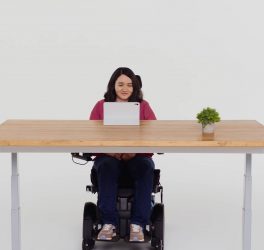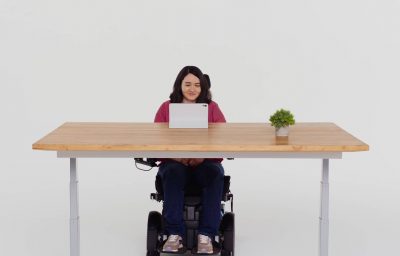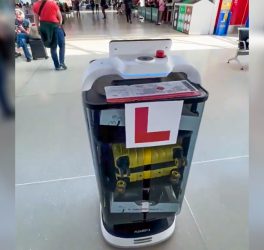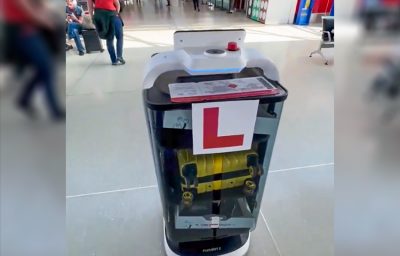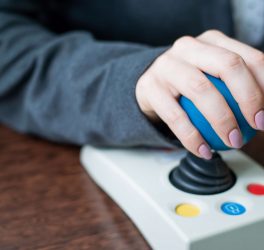
Trials of pioneering technology to help students with disabilities in the classroom will take place across in UK in the first program of its kind in the world.
Speaking at the largest education technology show in the world on 22 January, Universities, Science, Research and Innovation Minister Chris Skidmore will announce plans to fund trials of ground-breaking assistive technology for students with disabilities in up to 100 schools and colleges.
Innovations are expected to include ‘text-to-speech’ and ‘speech recognition’ software, which can help students with dyslexia improve their reading and proof-reading. Other trials include the use of eye-gaze technology, which can help students with severe motor disabilities to communicate, helping to level the playing field for children with additional needs.
“Harnessing the power of modern technology can help us change lives and unlock the potential of every child.
With technological advances happening at increasingly breakneck speed, it is only right that we ride the wave so pupils in our classrooms with special educational needs are given all the support they need”. said Chris Skidmore.
The pilots will run from April 2020 until the end of the 2020-21 academic year and will assess the impact of different types of assistive technology for students with disabilities, informing best practice on the tools which most help pupils in the classroom.

